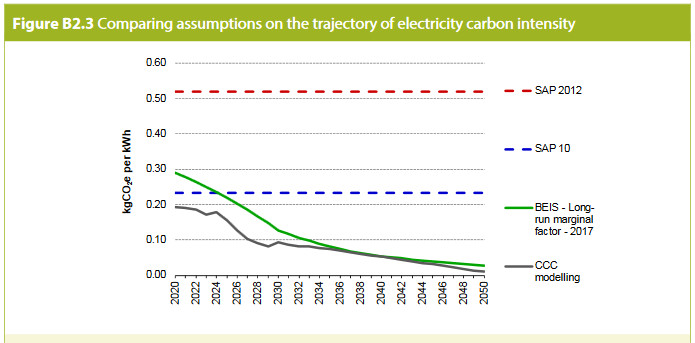LETI
London Energy Transformation Initiative
The London Energy Transformation Initiative (LETI) is a network of over 1,000 built environment professionals working together to put London on the path to a zero carbon future. The voluntary group is made up of developers, engineers, housing associations, architects, planners, academics, sustainability professionals, contractors and facilities managers, with support and input provided by the GLA and London boroughs.
Elementa Consulting initiated LETI because the current energy policy in London isn’t driving design solutions to encouraged long term carbon emission reduction. LETI was established to work collaboratively to put evidence-based recommendations for two pieces of policy – the new London Environment Strategy and to rewrite the London Plan.
You can download a copy of the LETI Energy Proposals from the LETI website.
LETI provides a range of proposals with the aim of achieving a zero carbon future, including the need for immediate action to update the carbon factors currently being used in building regulations:
Grid Carbon Factor to be immediately updated in current policy
Currently the estimated CO2 reductions of a development, reported in the planning submission energy strategy, is calculated using the carbon factors stated in building regulations (519 gCO2/kWh for grid electricity). This significantly overestimates the carbon emissions related electricity use in the development because the carbon intensity of the electricity grid is much lower than stated in building regulations. The carbon intensity of the grid has reduced over the last 10 years. In 2016 the average UK electricity grid carbon factor was 254 gCO2/kWh – less than 50% of the value used in Part L of the Building Regulations.
In order to provide a robust CO2 reduction estimate the use of the right carbon factors is vital. The use of overestimated carbon factors for electricity has had significant knock-on consequences for the current business as usual approach in London. It has resulted in gas-fired Combined Heat and Power (CHP) being installed as it is falsely shown to reduce carbon emissions of the development in the energy strategy. Gas CHP is no longer always a net carbon reducer – and thus CHP is no longer a route to zero carbon development.
LETI proposes that the GLA lobby the government to make sure appropriate grid carbon factors are used for Building Regulations and updated regularly.
LETI Successes
LETI has already achieved partial success in that under the new GLA Energy Assessment Guidance applicants are encouraged to use the updated SAP 10 carbon emission factor of 233 grams of CO2/kWh in place of the very outdated factor from SAP 2012 of 519 grams of CO2/kWh.
This is an important step in the right direction and may also have been an influence in encouraging the Climate Change Committee (CCC), which in its report published in February 2019 shows the graph on the right.
The CCC concludes that, "In order to value the benefits of low-carbon technologies properly, it is critical that SAP reflects Government expectations on declining grid carbon intensity over the lifetime of the measures being installed.



